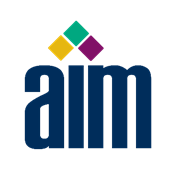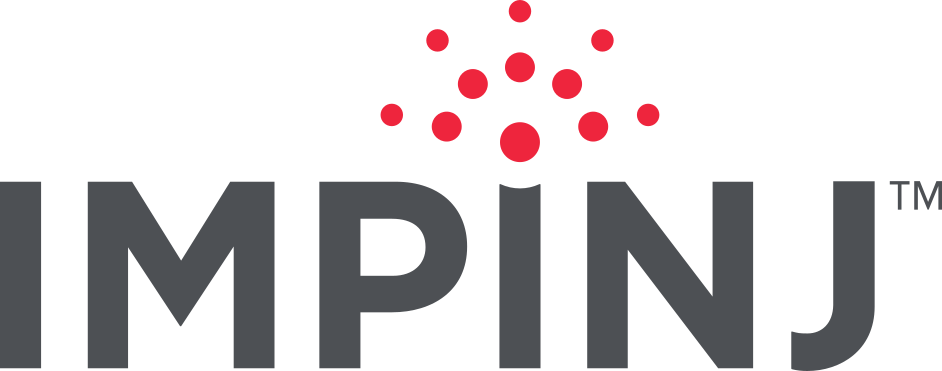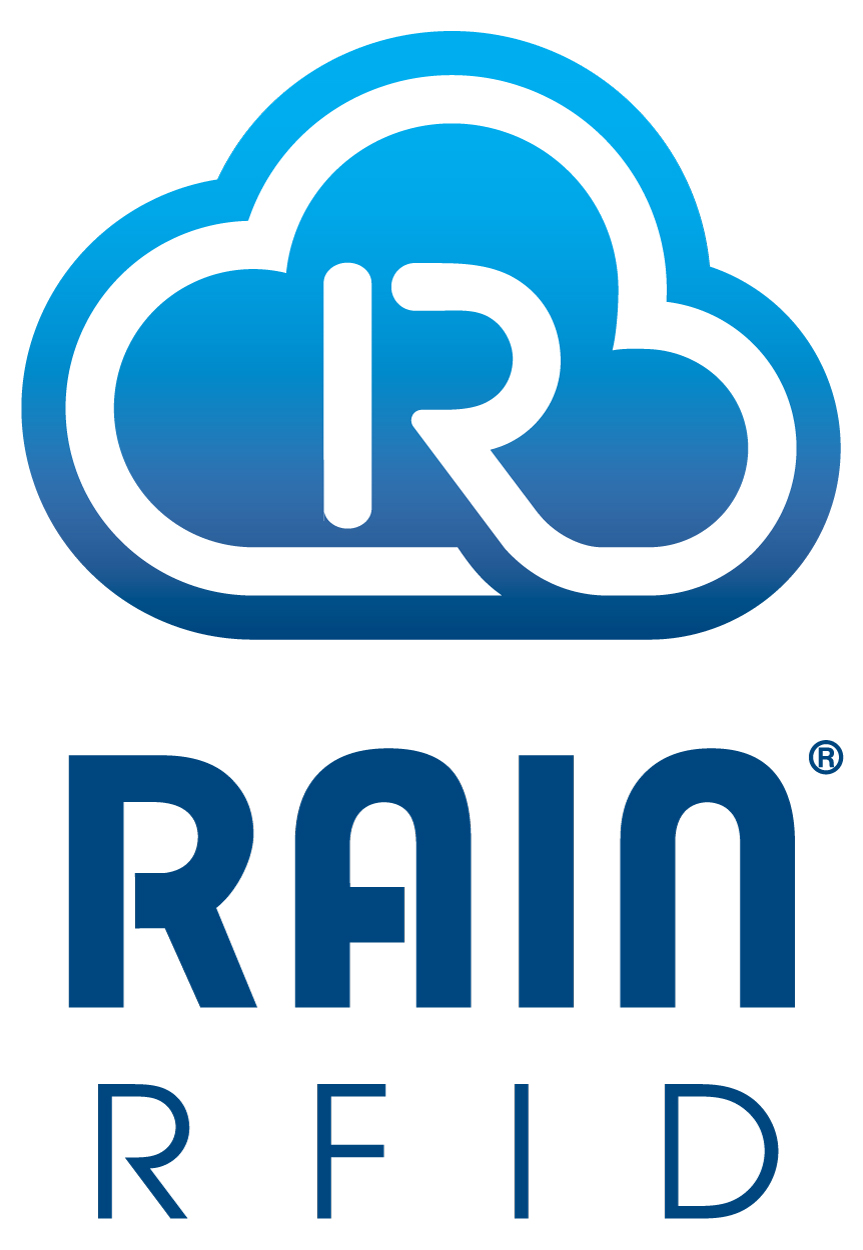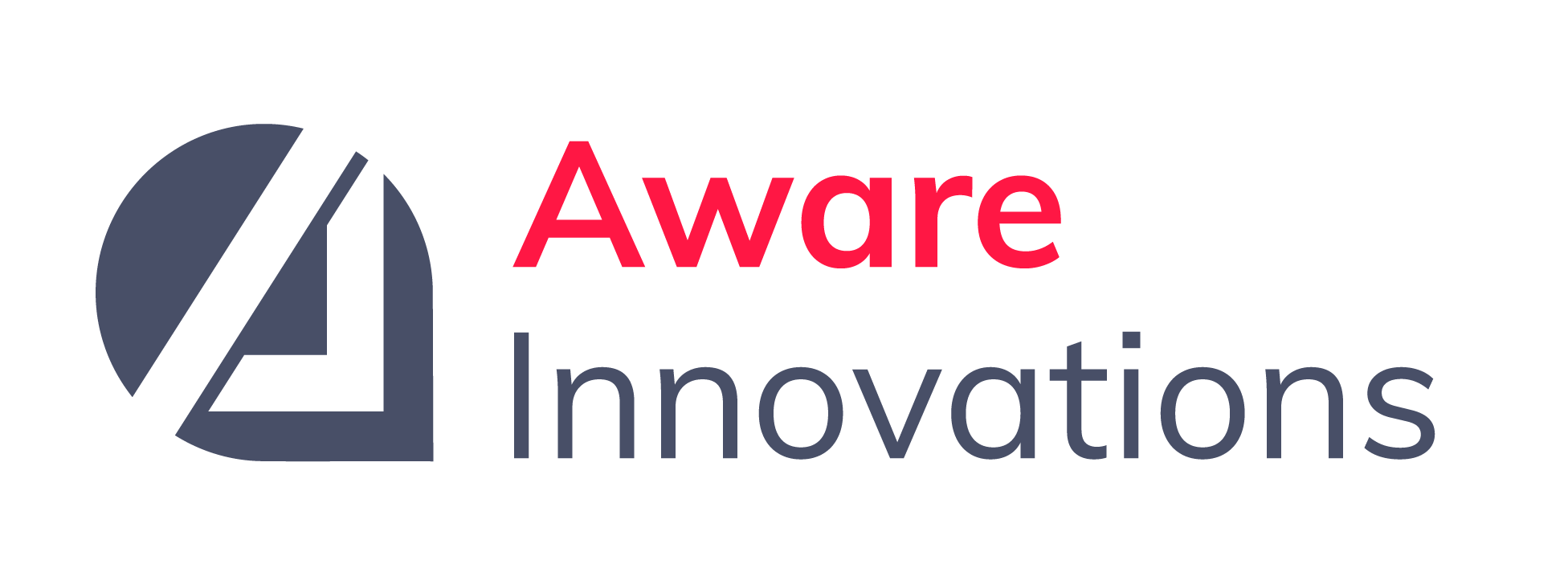Submissions
Posters: February 21, 2019
Technical Papers: December 14, 2018 December 12, 2018 November 30, 2018Workshop/Tutorial proposals:
February 4, 2019
IEEE CRFID Educational Mega Challenge: Smart Cities: February 4, 2019
IEEE RFID 2019 is an opportunity to share, discuss, and witness research results in all areas of RFID technologies and their applications. Presenting at the conference is the preeminent way to get publicity and coverage for high-quality work on RFID, IoT, and wireless sensors research. IEEE RFID 2019 accepts paper and poster submissions formatted in the IEEE conference style; please make sure to refer to the submission guidelines below. Those submitting papers and posters receive an invitation to submit to the new Journal on RFID, which debuted in 2017. Accepted and presented papers at IEEE RFID are read and cited worldwide. Accepted papers are chosen on these criteria (in order of importance):
- Originality
- Importance of the problem
- Technical merit
- Clarity
- Potential impact of results
Posters
Posters are preliminary work not yet mature for a full paper. They cover technical RFID-related work, applications, studies, and projects. Poster submissions are judged on relevancy to RFID and clarity.
To submit as a poster author, submit a poster abstract up to 2 pages maximum, including references; the references should take up less than a half-page. Author information does not need to be removed from the review manuscript.
In past RFID conferences, the typical acceptance rate on poster submissions was 80-95%. Presenting a poster will give authors a great chance to expose their ideas:
- Presented on the trade show floor of RFID Journal LIVE! 2019, presenters get to interact side-by-side with the RFID industry, engineers, scientists, and academicians interactively for the whole duration of the conference
- Best posters will be judged twice: by guests for a popular vote and by technical reviewers for the technical vote.
- Pre-poster display, presenters give a 30-second teaser talk
- It is encouraged, although not required, that poster presenters bring their equipment and present an interactive demonstration for conference attendees.
Are you a leading expert in the RFID field? We welcome you to present a tutorial/workshop to the participants of the conference. Please email a short proposal (one-page maximum) to the Workshop Chair.
Papers
In past RFID conferences, the acceptance ratio for papers was in the range of 20-40%. Authors of papers are encouraged to create a poster and present alongside the RFID industry (see more below). It is not necessary to submit a separate poster abstract. Your paper submission is sufficient.
Submission guidelines
- Papers will be reviewed in a double-blind review process: please ensure that author information is removed from the review manuscript. If you are self referencing previous work, please take steps to anonymize those references so that it is harder to infer identity during the review process.
- Papers must conform to the IEEE conference template
- Papers will be published if accepted and presented at the conference
- Submissions must be original and may not be under consideration elsewhere
- IEEE RFID will not tolerate scholarly misconduct in any form
- Cases of multiple publications and plagiarism will be handled according to IEEE policies and procedures.
- Accepted papers will have from 3 to max 8 pages, including references.
Authors of accepted papers will present their work in a paper track in a 22-minute time slot. Papers will be published in the IEEE RFID 2019 conference proceedings and included in IEEE Xplore®. Accepted papers will also be submitted for indexing through EI Compendex, ScienceDirect, Scopus, Web of Knowledge, Thomson ISI, and IET Inspec.
Topic Areas
- Antennas & Propagation: Antenna theory and designs, channel measurements and modeling, including MIMO, UWB and hybrid RFID
- Applications & Software: RFID software, middleware, network applications, various applications of RFID in smart cities, scientific studies on operational experience of RFID applications, unconventional RF “identification”. Selection will be primarily based on the ability of authors to clarify how they are advancing the state of the art or demonstrating novelty.
- View posters covering research on a wide variety of topics including RFID localization, novel tag and reader designs, RFID enabled sensors, RFID software applications, novel IoT devices, RFID antennas and radio-wave propagation, and energy harvesting and wireless power.
- Circuits, Devices, & Interrogators: Circuit designs, reader architecture, non-silicon and chipless RFID, multi-reader coordination and interference reduction
- Energy Harvesting & Wireless Power: Ambient RF harvesting, efficiency improvements, power-optimized waveforms, kinetic, thermal, optical, and other power-harvesting methods
- Next-Gen Physical Layer: RFID-enabled devices, IoT/RFID system architectures, MIMO, hybrid and UWB RFID systems, novel networking and communication concepts
- Localization: Performance bounds, novel system approaches, technologies, and algorithms in RFID tag and reader localization, RF tomography and environmental sensing
- Protocols & Security: Coding, anti-collision, cryptography and privacy-enhancing techniques, medium/multiple access schemes
- Sensors: Integration of sensors with RFID tags, including active, passive, or chipless mechanisms; RFID sensor modeling and analysis, new sensors for RFID










